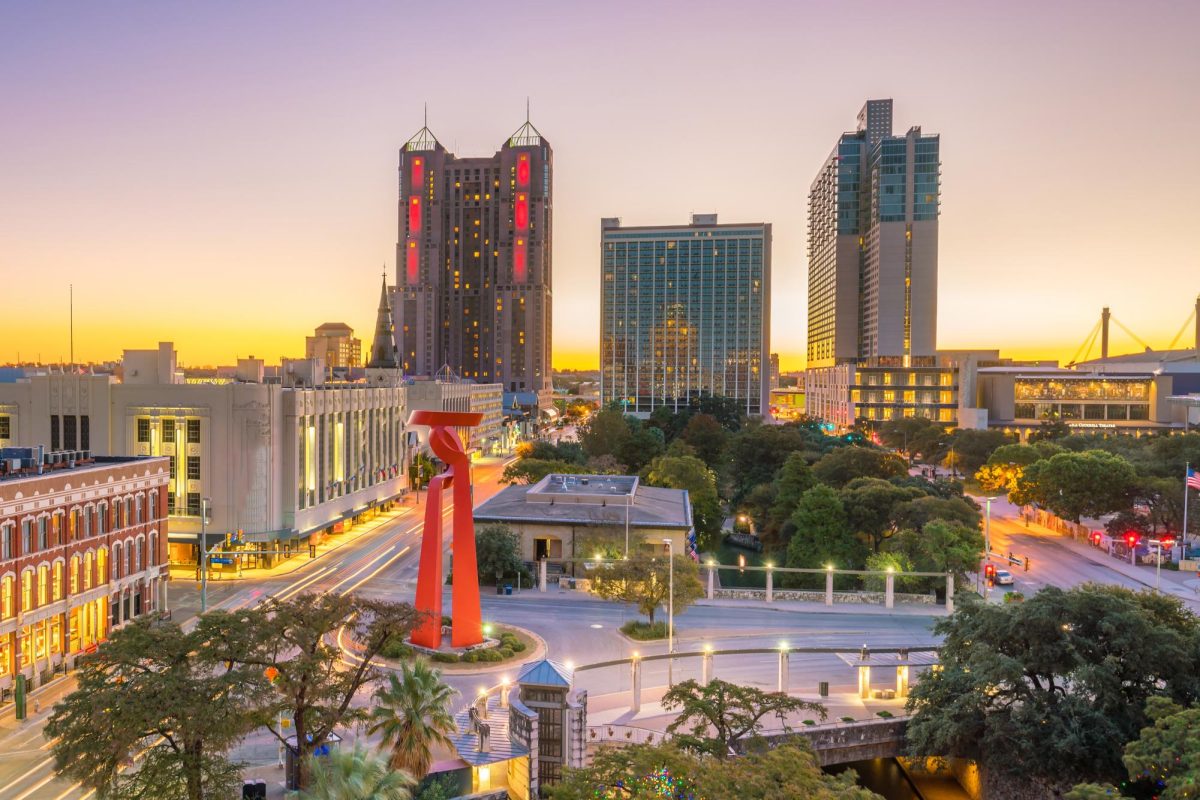SA2020 announced on their blog on Jan. 30 that they would be dissolving on March 28. The social equity and data tracking organization elected to cease operations following a drift in vision and practice with city officials. The blog post reveals that as they grew, they experienced “relentless institutional backlash” for their strengthened efforts to advocate for racial equity. The group shared their frustrations with leaders of local institutions, citing that their work was more than a talking point and required practical application in the city.
The non-profit began in 2010 under the previous mayor, Julián Castro, as nearly 6,000 San Antonians shared a vision for the city by 2020. Since 2012, SA2020 has partnered with over 100 local organizations to help report data in nine key areas, using 51 indicators to measure progress. All of the information was rolled into a yearly release of the Community Data. The Community Data was considered during policy-making and utilized in the community, such as when creating a relief guide during the Great Texas Freeze or providing a one-stop voting resource.
In 2021, SA2020 renewed its mission by setting goals with the support of over 12,000 San Antonians for 2030. However, that year also began with controversy due to the introduction of Proposition B (Prop B).
Prop B was balloted in May 2021, asking voters whether they supported repealing the authority for collective bargaining of San Antonio police officers. It asked if voters would like to repeal the process of allowing police unions to negotiate their contracts while maintaining that police cannot strike or stage lockouts. The police reform group, Fix SAPD, headed the proposal in hopes the proposition would hold SAPD accountable by stifling the possibility of bypassing disciplinary measures through willfully poor contract negotiations.
SA2020 supported Prop B in an Instagram post: “From 2006 to 2017, 70% of police officers fired for misconduct — including violence against San Antonians — were rehired. A Washington Post investigation found that fired police officers in San Antonio are rehired at the highest rate among large police departments in the country. This lack of accountability betrays the trust of the public.”
In March 2023, SA2020 supported Prop A, nicknamed the ‘San Antonio Justice Charter.’ The ballot looked for support on several topics: the appointment of a city justice director, who would oversee that the other requests of Prop A be followed, prohibiting police officers from taking action for certain marijuana possession misdemeanors or enforcing criminal abortion laws, banning police from using no-knock warrants and chokeholds and replacing arrests with citations for certain misdemeanors. Prop B narrowly failed with a vote of 51.2%, and Prop A failed with over 71% opposition.
In Aug. 2023, the city revealed a budget of $3.7 billion, of which SA2020 would receive none of their usual allotment of $150,000 for data maintenance. The money went into creating a new data analyst position within the city’s diversity, equity, inclusion and accessibility department that would “report on key SA2020 metrics as part of the city’s annual equity report.”
A few months later, in Nov. 2023, SA2020 faced enormous backlash as it posted a statement on Facebook denouncing the involvement of the city of San Antonio and the government at all levels in “enabling Israel’s occupation in Palestine through policies, billions of dollars in military assistance, delegation trips and rhetoric.” The non-profit ended the post: “There is no visionary future in San Antonio, Texas, without a free Palestine.”
The post threatened their non-profit status, and 20% of their partners withdrew their partnership. Executive Director Kiran Bains says, “We can’t be a global city; we can’t model integrity, which is a value that our local government says it has, to model ethical behavior; we simply can’t do that if we’re not outspoken and we’re not recognizing the role we have in San Antonio to end violence in other parts of the world.”
The city proceeded to create its own community vision, referred to as a “Target 50 Plan,” which aimed at improving San Antonio by 2050. Bains calls the creation of City Hall’s community vision “deeply problematic,” as “[City Hall] cannot do institutional accountability because that has to be an independent group or process.” San Antonio loses that “independent accountability mechanism” with the dissolution of SA2020.
“There is no other non-profit, not in San Antonio and also not that we know of in any large city in the country, that has a model like this that’s bringing people together,” Bains says. “What is the scariest to lose in SA2020 dissolving, [is] an organization that is releasing data every year that tells us the progress that we’re making or not making towards those shared goals, and then sounding the alarm on the types of policies that we need in order to really improve people’s lives here.”
SA2020’s last effort was the creation of a 6 for 6 Policy Agenda, recommending six policies to address pressing issues that could be adopted as soon as March, six months into the fiscal year. Bains shares that transportation and mobility were the top concerns of residents, supported by SA2020 data.
“We know exactly where people who most use public transit live. We know exactly where people with disabilities are highly concentrated, and that’s a perfect opportunity to really target resources.”
The 6 for 6 Policy Agenda also focuses on underemployment among the working-age population and low healthcare coverage.
Bains says she is most proud of SA2020 “for helping contribute to the widespread shared knowledge among policymakers and other people in positions of power when it comes to what the systemic inequities are in San Antonio and a deeper level of understanding that they have to do with both race and class.”
SA2020’s data will be available on their website until September. The organization is interested in archiving its website and data for future reference. Those interested in assisting can contact SA2020 at [email protected].








